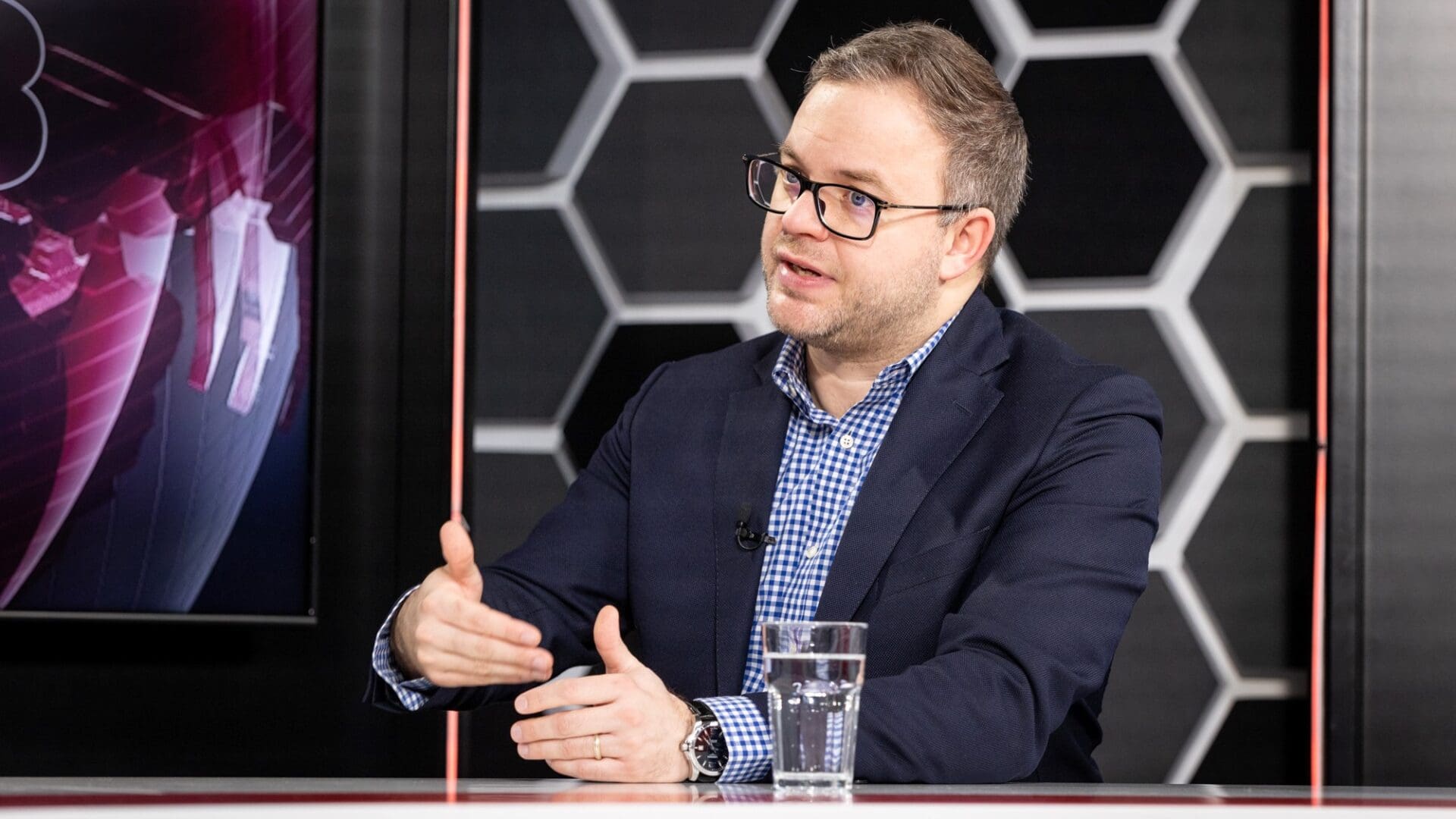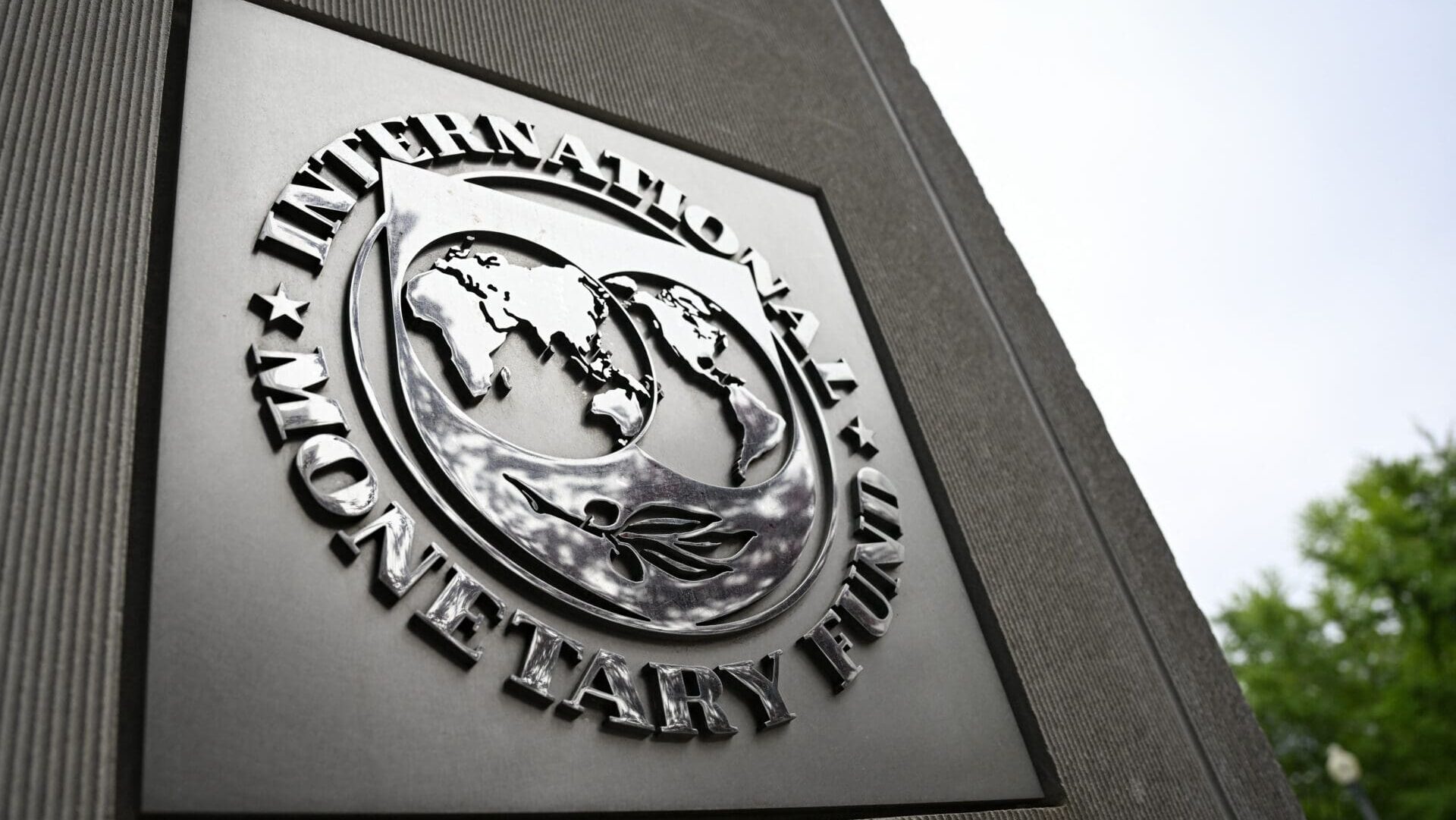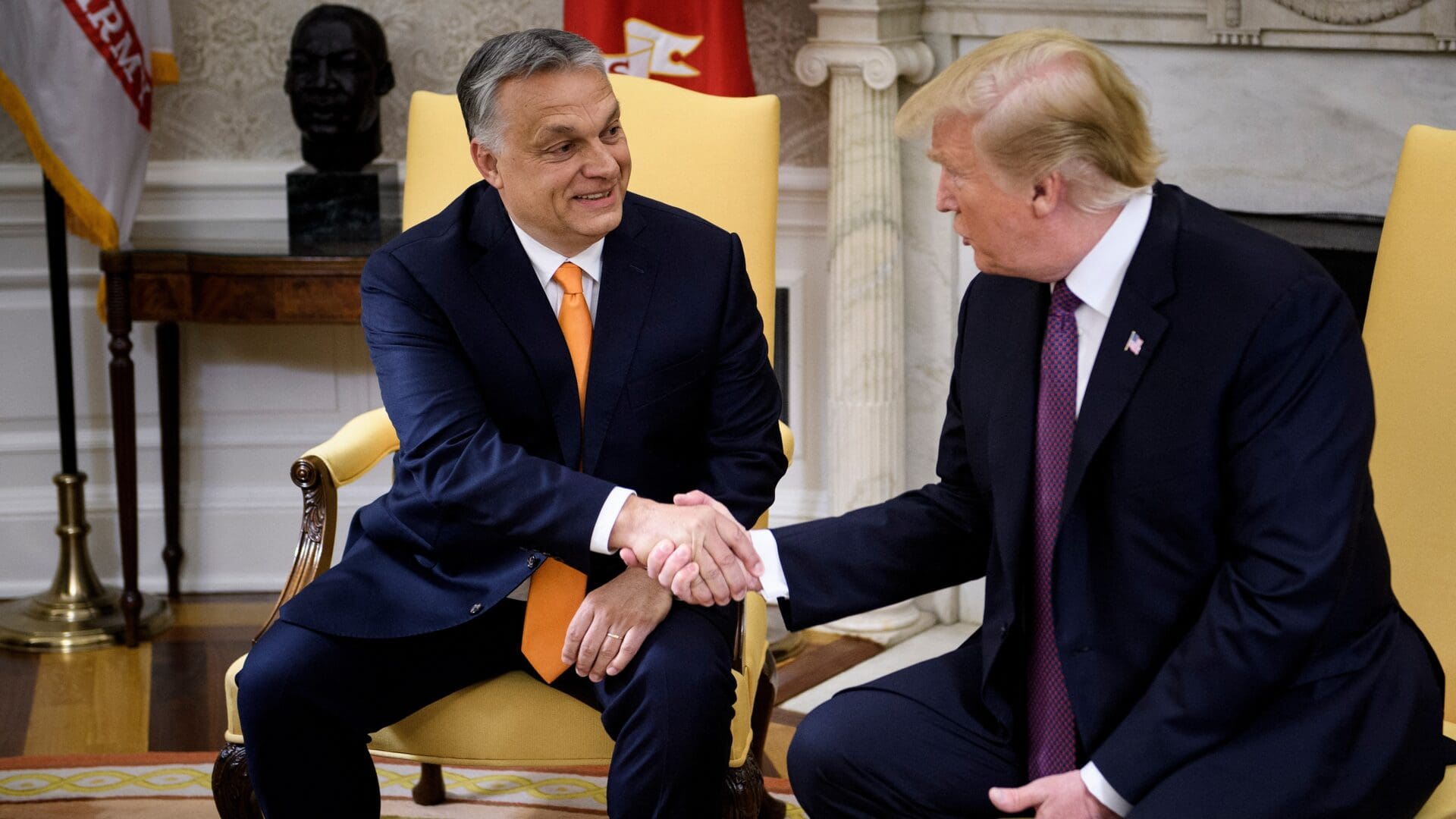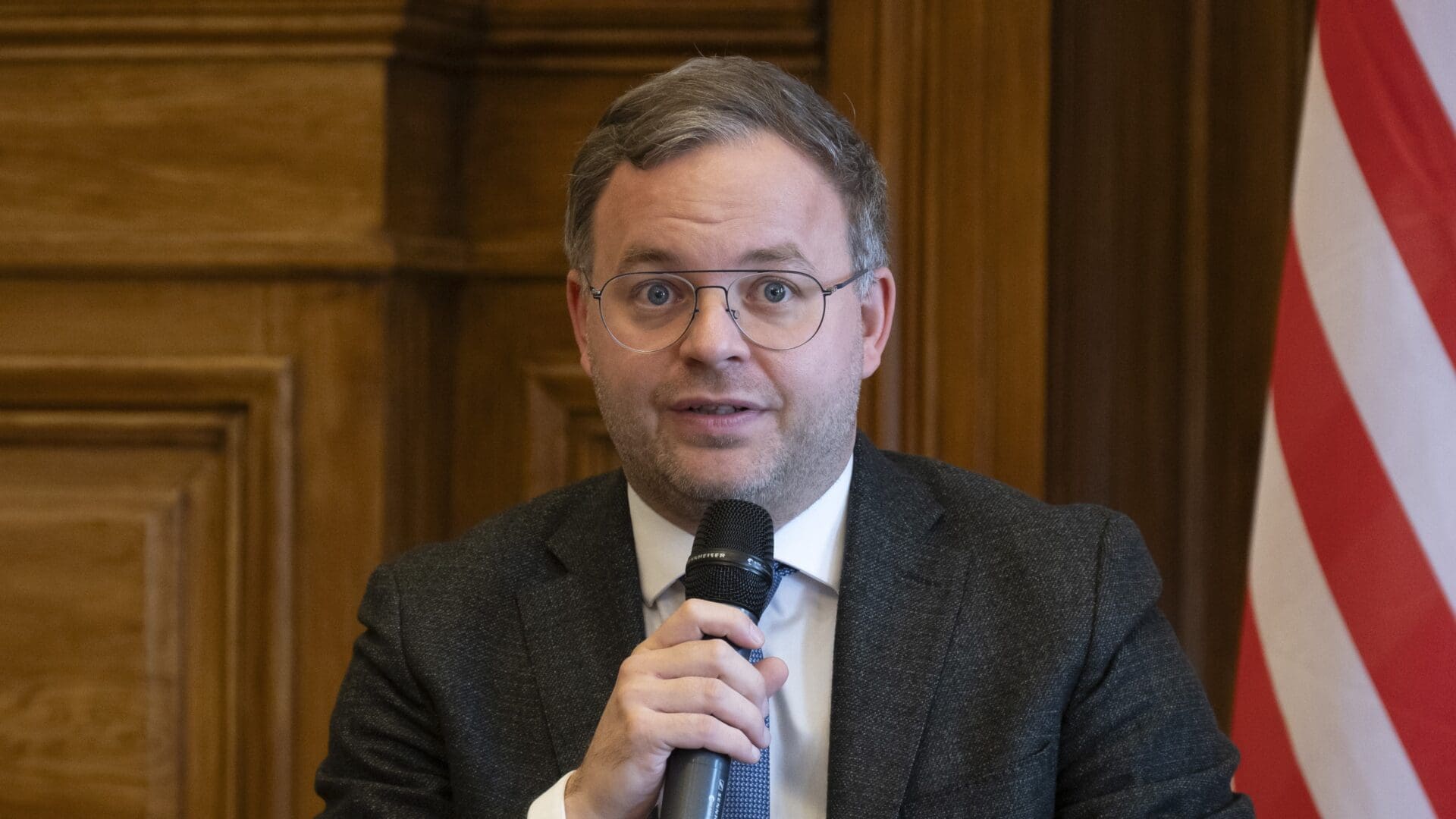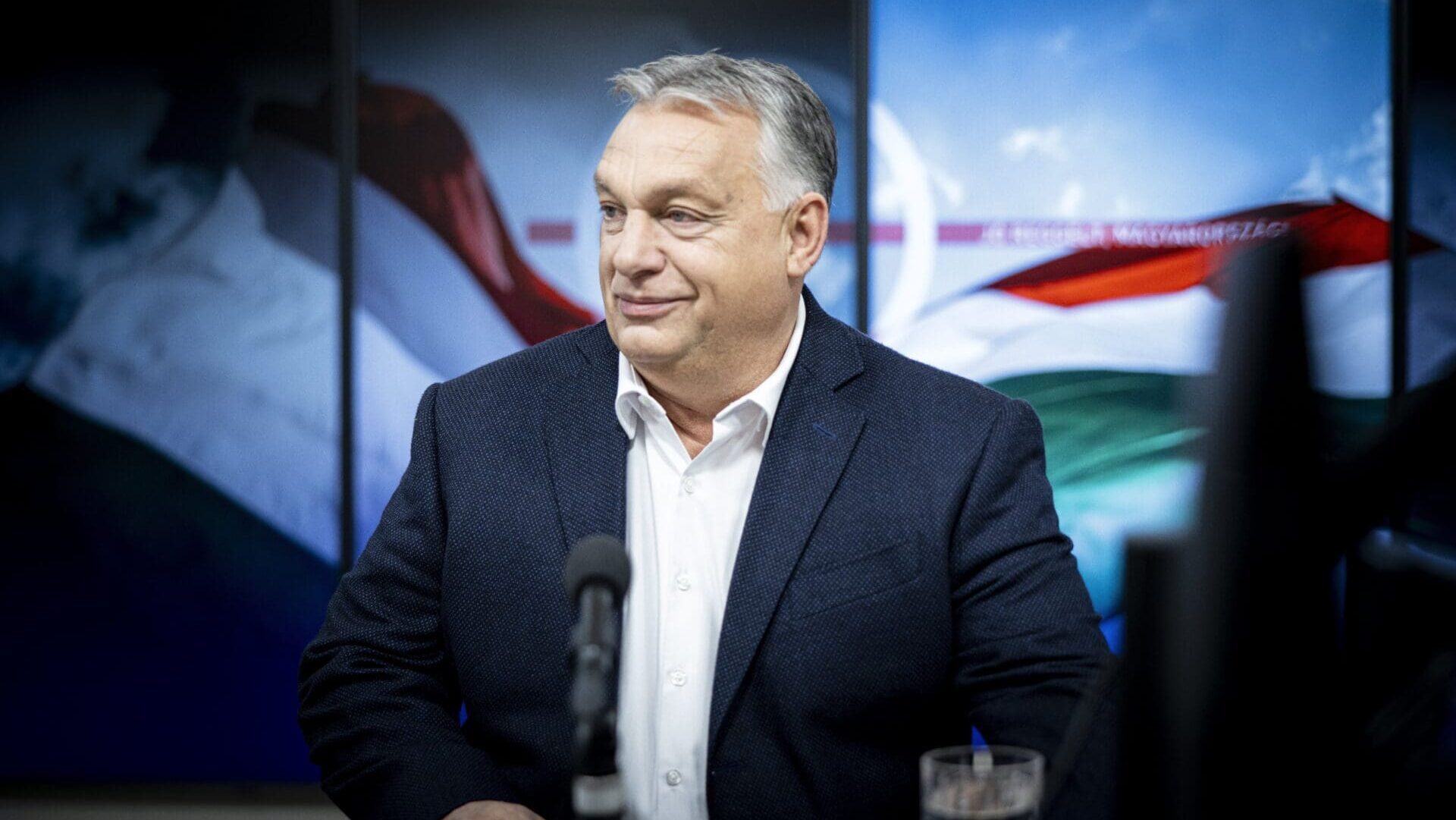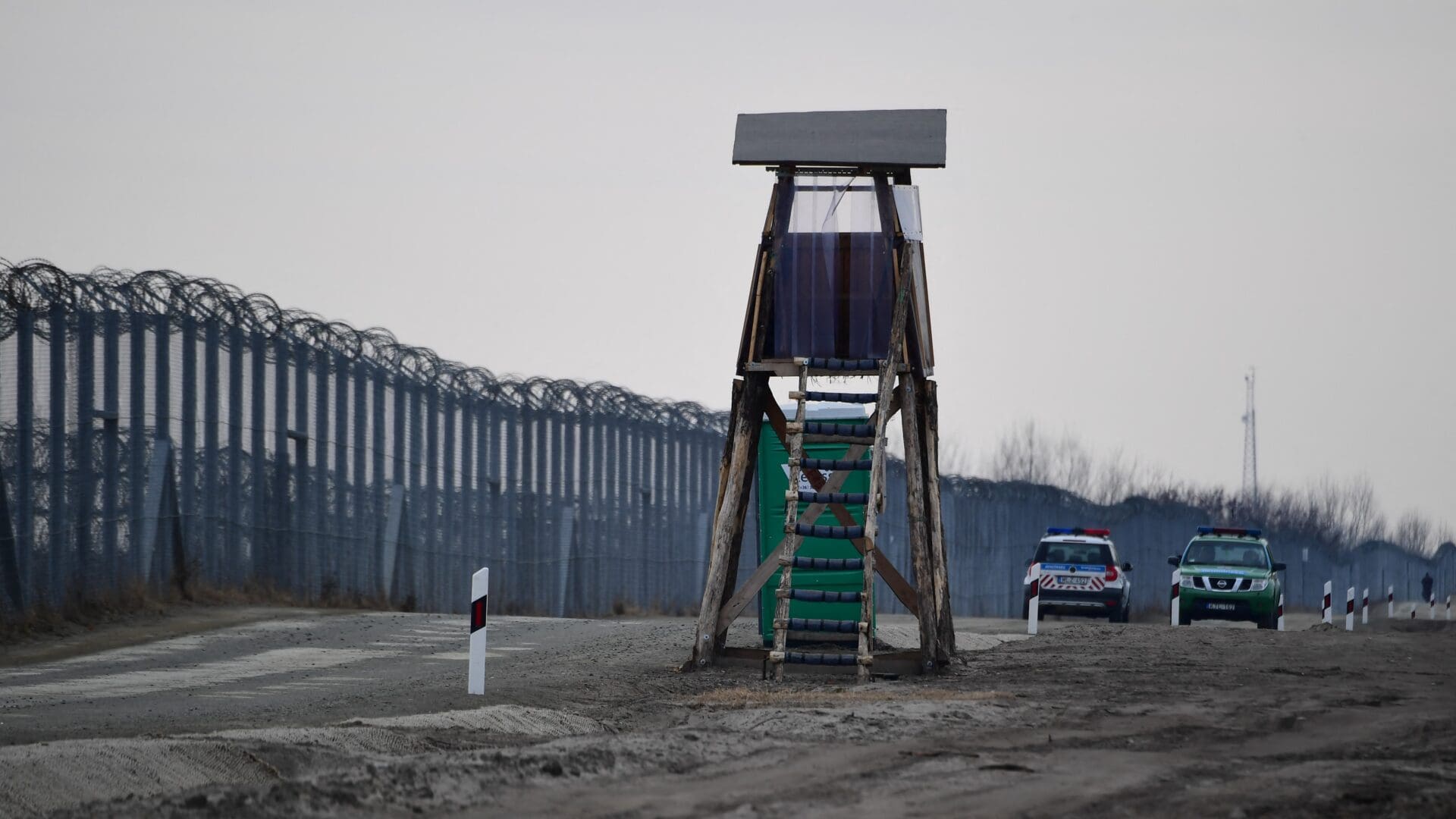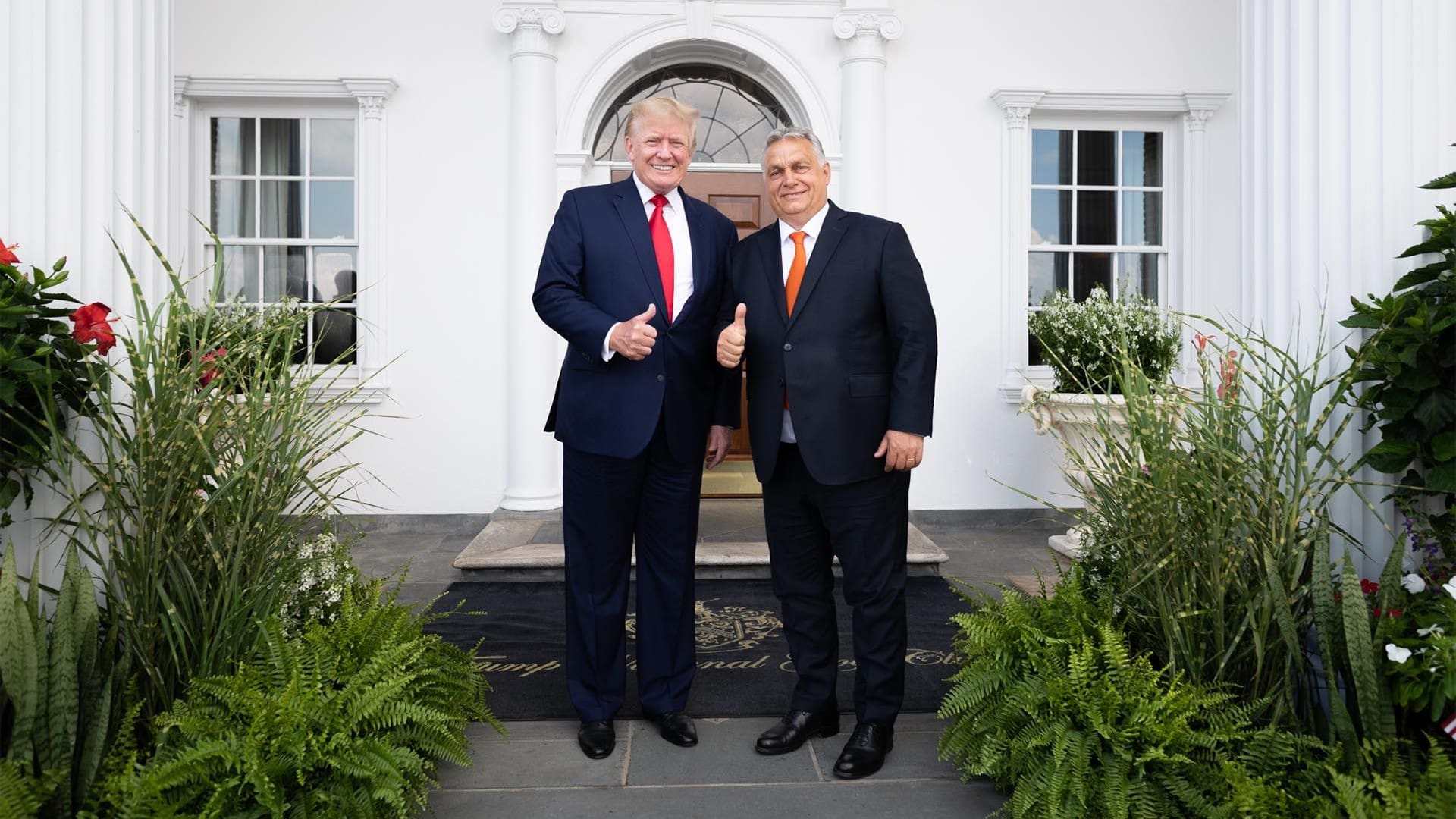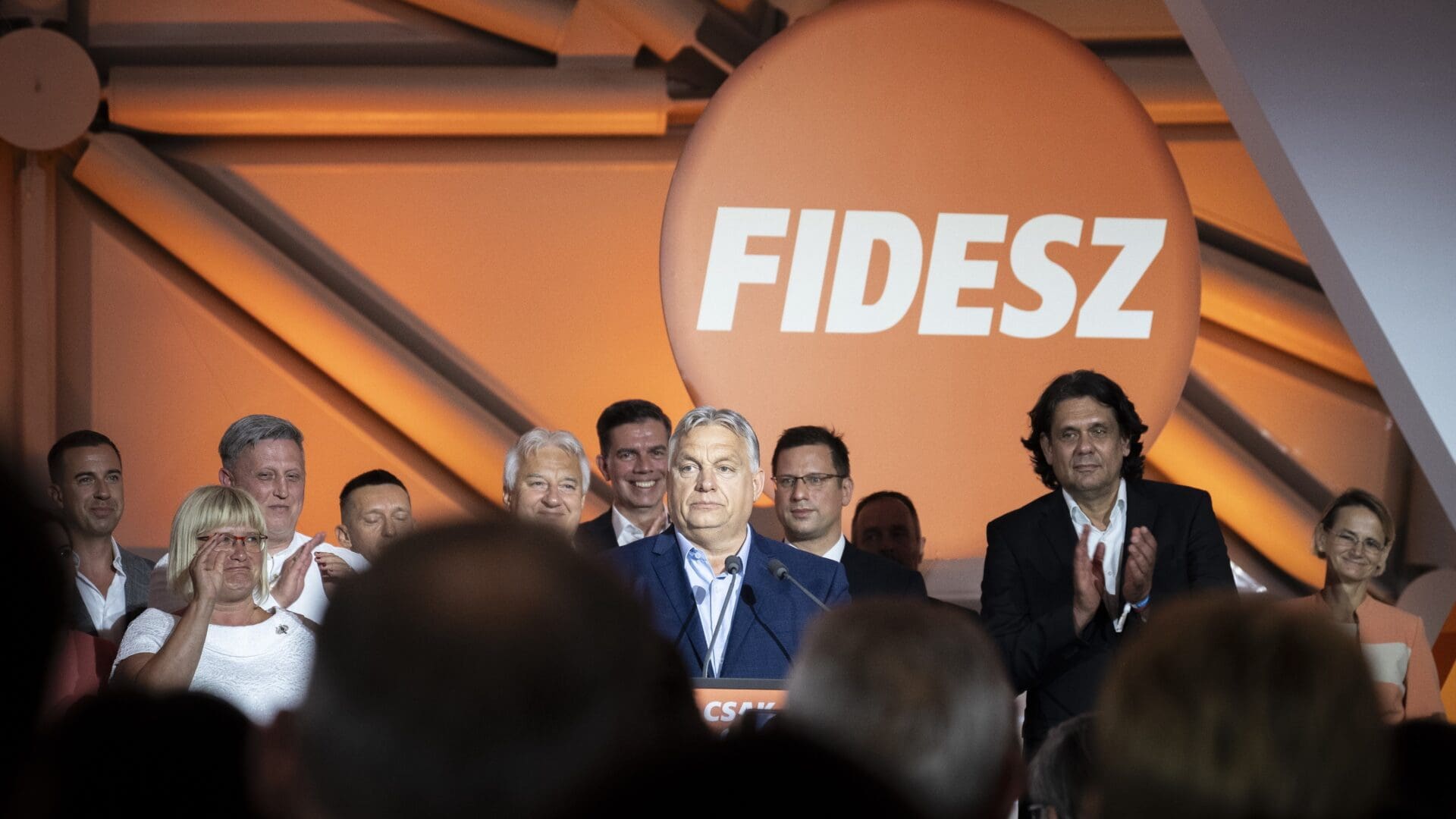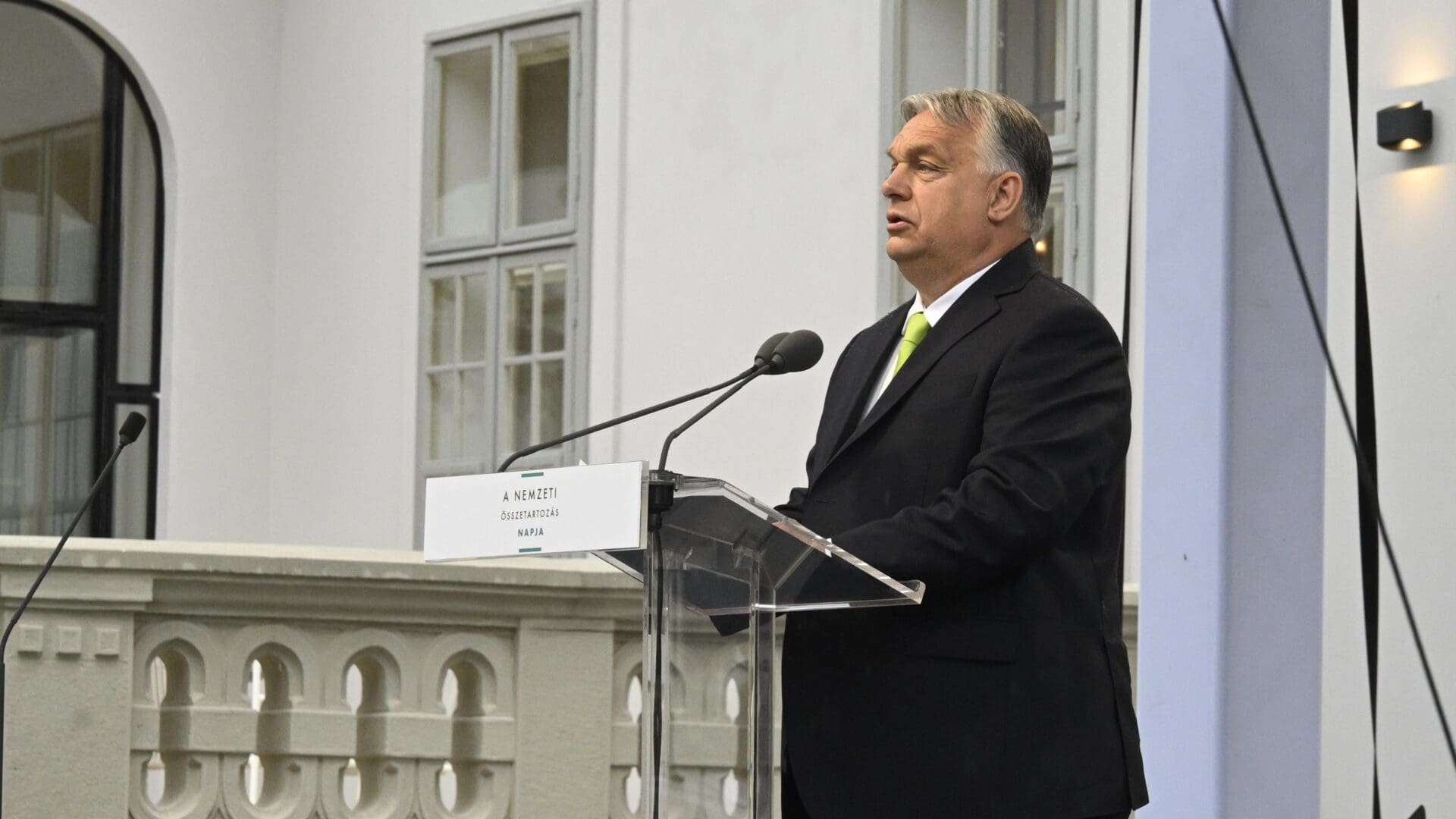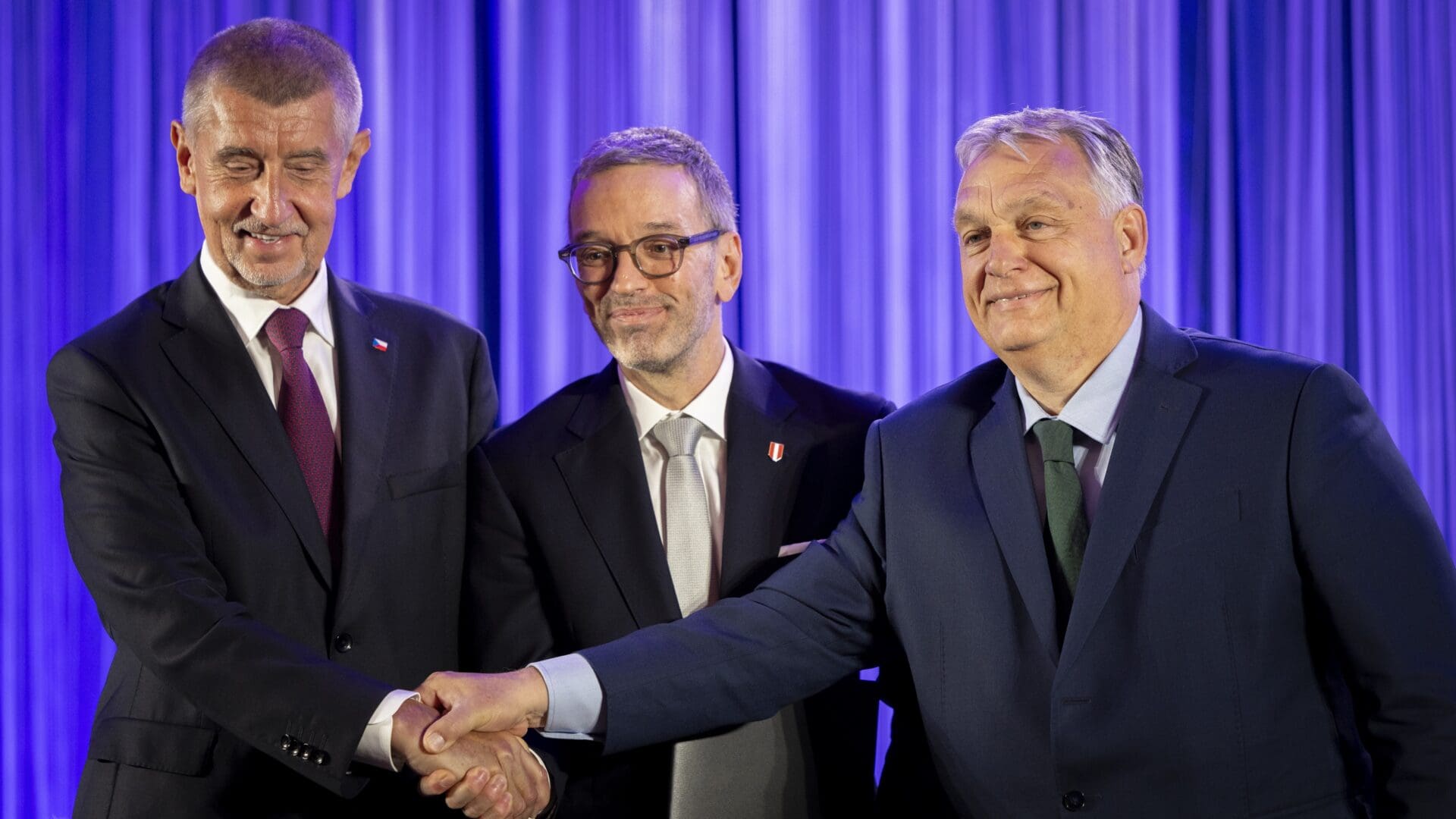
Orbán, Kickl, Babiš Announce New European Alliance in Vienna
On Sunday, 30 June 2024 Prime Minister Viktor Orbán declared that a new era in European politics has begun. At a press conference held jointly with Herbert Kickl and Andrej Babiš PM Orbán outlined the vision for a revamped European political alliance. The new political family aims to reshape the landscape of European governance and address the pressing issues faced by the continent, the Hungarian prime minister said.

